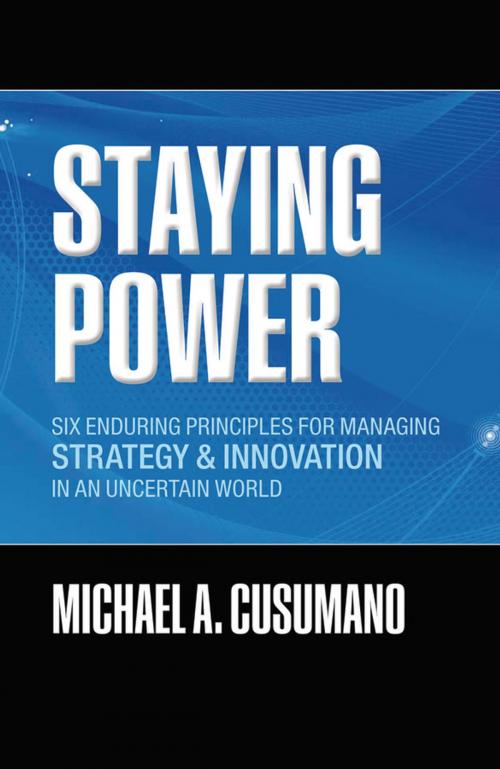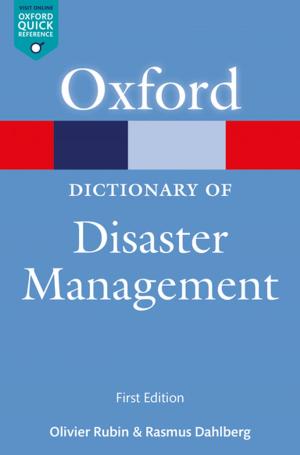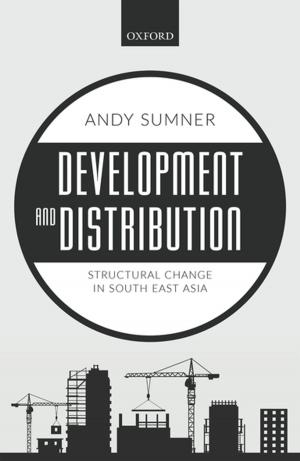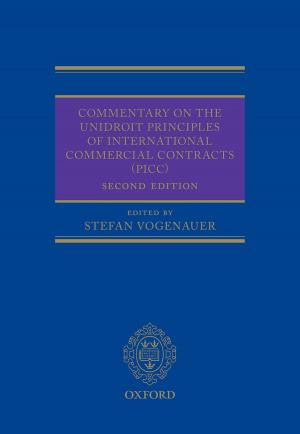Staying Power
Six Enduring Principles for Managing Strategy and Innovation in an Uncertain World (Lessons from Microsoft, Apple, Intel, Google, Toyota and More)
Business & Finance, Entrepreneurship & Small Business, New Business Enterprises, Management & Leadership, Planning & Forecasting| Author: | Michael A. Cusumano | ISBN: | 9780191641404 |
| Publisher: | OUP Oxford | Publication: | July 19, 2012 |
| Imprint: | OUP Oxford | Language: | English |
| Author: | Michael A. Cusumano |
| ISBN: | 9780191641404 |
| Publisher: | OUP Oxford |
| Publication: | July 19, 2012 |
| Imprint: | OUP Oxford |
| Language: | English |
As we continue in an era of simultaneous innovation and commoditization, enabled by digital technologies, managers around the world are asking themselves "how can we both adapt to rapid changes in technology and markets, and still make enough money to survive - and thrive?" To provide answers to these important and urgent questions, MIT Sloan School of Management Professor Michael Cusumano draws on nearly 30 years of research into the practices of global corporations that have been acknowledged leaders and benchmark setters - including Apple, Intel, Google, Microsoft, Toyota, Sony, Panasonic, and others in a range of high-technology, services, and manufacturing industries. These companies have also encountered major challenges in their businesses or disruptions to their core technologies. If we look deeply enough, he contends, we can see the ideas that underpin the management practices that make for great companies, and drive their strategic evolution and innovation capabilities. From his deep knowledge of these organizations, Cusumano distils six enduring principles that he believes have been - in various combinations - crucial to their strategy, innovation management practices, and ability to deal with change and uncertainty. The first two principles - platforms (not just products), and services (especially for product firms) - are relatively new and broader ways of thinking about strategy and business models, based on Cusumano's latest research. The other four - capabilities (not just strategy or positioning), the "pull" concept (not just push), economies of scope (not just scale), and flexibility (not just efficiency) - all contribute to agility, which is a mix of flexibility and speed. Many practices associated with these ideas, such as dynamic capabilities, just-in-time production, iterative or prototype-driven product development, flexible design and manufacturing, modular architectures, and component reuse, are now commonly regarded as standard best practices. These six enduring principles are essential in a new world dominated by platforms and technology-enabled services.
As we continue in an era of simultaneous innovation and commoditization, enabled by digital technologies, managers around the world are asking themselves "how can we both adapt to rapid changes in technology and markets, and still make enough money to survive - and thrive?" To provide answers to these important and urgent questions, MIT Sloan School of Management Professor Michael Cusumano draws on nearly 30 years of research into the practices of global corporations that have been acknowledged leaders and benchmark setters - including Apple, Intel, Google, Microsoft, Toyota, Sony, Panasonic, and others in a range of high-technology, services, and manufacturing industries. These companies have also encountered major challenges in their businesses or disruptions to their core technologies. If we look deeply enough, he contends, we can see the ideas that underpin the management practices that make for great companies, and drive their strategic evolution and innovation capabilities. From his deep knowledge of these organizations, Cusumano distils six enduring principles that he believes have been - in various combinations - crucial to their strategy, innovation management practices, and ability to deal with change and uncertainty. The first two principles - platforms (not just products), and services (especially for product firms) - are relatively new and broader ways of thinking about strategy and business models, based on Cusumano's latest research. The other four - capabilities (not just strategy or positioning), the "pull" concept (not just push), economies of scope (not just scale), and flexibility (not just efficiency) - all contribute to agility, which is a mix of flexibility and speed. Many practices associated with these ideas, such as dynamic capabilities, just-in-time production, iterative or prototype-driven product development, flexible design and manufacturing, modular architectures, and component reuse, are now commonly regarded as standard best practices. These six enduring principles are essential in a new world dominated by platforms and technology-enabled services.















